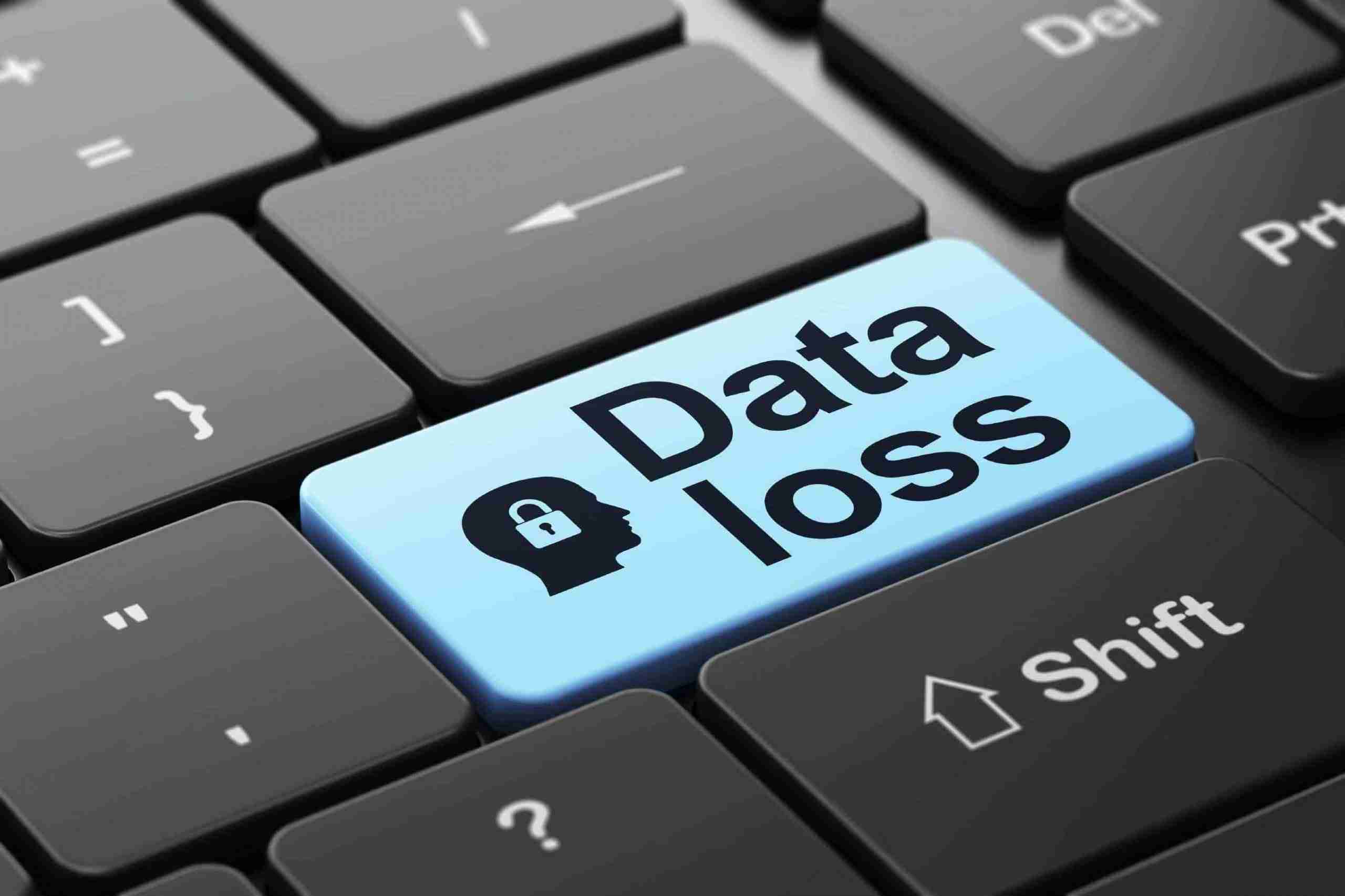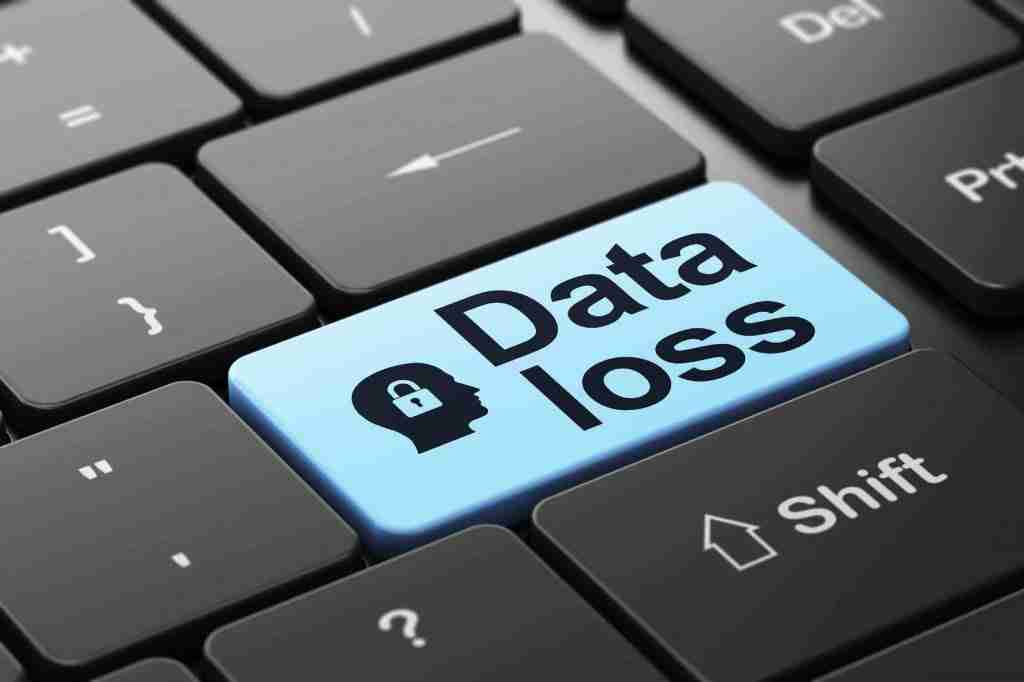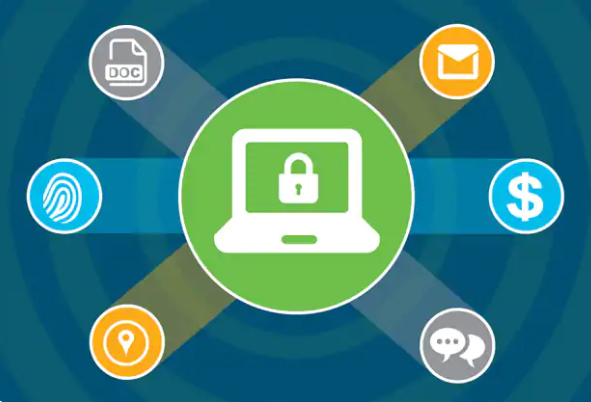KEEP IN TOUCH
Subscribe to our mailing list to get free tips on Data Protection and Cybersecurity updates weekly!



There are no boundaries to data loss, it happens to companies of all shapes and sizes, from large corporations to small startups. The main issue with data loss is the fact that it can strike at any time, resulting in a domino effect of serious consequences for the business.
Wondering how data loss can impact your business? Below are the top 5 impact of data loss on business.

Productivity is the first thing to suffer when your organisation loses its data, whether it’s from an unplanned network outage, hardware or software failure, or malicious cyber attack. Lost files may take hours or even days to recover leading to staff downtime and lost sales. According to the Strategic Resource Institute, companies that can’t resume normal operations within 10 days of a data loss incident will not likely survive.
In the Digital Age, news travels fast. If your company can’t serve its clients or ends up in the headlines as the result of a data loss incident, the negative publicity can damage your business reputation permanently. Some organisations spend hundreds of thousands of pounds repairing their brand after a data loss event.
When data is lost from negligence or theft it can lead to exposure of confidential information. If customer data or employee records are compromised, the Information Commissioner’s Office may levy fines of up £500,000 against your company for failing to comply with the Data Protection Act. The financial consequences are compounded if affected individuals decide to take legal action against your business.
Customer loyalty is also tarnished after a data loss event, especially if client data is compromised. If current customers can’t trust your company to protect their data, then they may take their business elsewhere. And once the word spreads, it may be an uphill battle to find new clients.
Data loss also has a number of economic and non-financial impacts on your company. Permanent business failure is the worst possible outcome. Each year, a handful of organisations have to close their doors after a major data loss event. When the financial impact and hidden costs of data loss combine, they create a perfect storm that may be impossible to recover from.
Fortunately, your business can prevent data loss risks with planning and professional help. A combined data tape rotation, media vaulting, and disaster planning solution ensures your information is continuously protected and is readily available to support your data recovery needs.
Firstly, safeguarding data within companies should be reviewed and checked on a regular basis. This can be done on-site or via a cloud-based storage facility, which provides the benefit of faster recovery times in the event of data loss.
Employees should also be aware of the impact of data loss on business and preventing data loss and how to avoid common errors, such as opening unknown attachments or downloading applications from unknown sources.
The development of a set of data classification standards to identify data that is essential for day-to-day operations and to ensure that this information has the highest recovery priority in case of data loss.
Restricting access to protect data: ensuring that only employees and managers directly involved in a project have access to relevant information. The actual cost of data loss is a combination of money, time and reduced productivity. Avoiding the impact of data loss on business involves identifying potential threats and building a data loss prevention policy to prevent issues from happening.

Also Read: 6 Ways to Protect Your Business From Employee Data Theft
Creating data takes time and money that cannot be replaced. In the event of data loss not only do you lose data, you lose the time and money you invested. To resume business, you will need to invest more time and money into recreating the data again.
Backing up data ensures in the event of data loss there is a spare copy of your files. Instead of recreating documents from scratch it’s easier to restore from the most updated backup. Saving time and money as you only need to apply updates to documents instead of recreating.
Hard drive failure: A hard drive is a piece of hardware used to store data. A Hard drive uses mechanical aspects to read and write data to a storage platter. Anything mechanical will fail over a period of time due to ware and tare.
Hard drive formatting: Hard drives can be reset to factory default by formatting. Formatting will remove all files stored on the hard drive. It is important to ensure you NEVER format your hard drive by mistake.
Certain applications and software require a hard drive to be formatted before installation. It is important to select the correct storage device for these applications to ensure you do not accidentally install to a hard drive you are currently using for data.
Power outage’s: Data can be lost as a result of a power outage. A study conducted in 2014 found that 20% of companies that have experience data loss was a direct result of unexpected power outages which cost between $50,000 and $5million. Using a reliable hosting provider reduces this risk. Reliable providers hire teams who monitor servers to ensure power outages do not occur.
Human error: Humans are humans after all, and we all make mistakes. You or your employees could accidentally delete data without noticing. If this occurs the next employee will be unable to find the data when required. Having a backup of data ensures in this situation you can restore documents with ease.
Malicious access and malware: Protecting your network from malware and unauthorized access is an important aspect of security. Viruses have the potential to delete important data, even worse data could be stolen. Stolen data can be used to commit fraud against your business or your clients resulting in damage.
Anti-virus: To prevent your network becoming infected with malware and viruses that can cause data loss it is highly recommended to invest in a good anti-virus system. A good anti-virus system will ensure your network is safeguarded from maliciousness connections.
Create and update backups: In the event of data loss, you need to ensure your business has a plan to reduce downtime. Backing up data is a great way to ensure you have a spare copy of all files your business requires. It is recommended to backup your data every day to ensure your backup doesn’t become outdated. Having the most updated data backed up ensures in the event of data loss you can quickly replace files to keep downtime at a minimal.
While data losses can be a total nightmare for businesses of all shapes and sizes, suffering a data loss doesn’t have to mean the end of your company. It simply means being smart about the next steps that you take, and making sure that you find ways to retain your customers and gain new ones, despite the breach in security and the lack of customer confidence in you and your brand.
Also read: https://www.business2community.com/cybersecurity/effects-data-loss-business-01499492